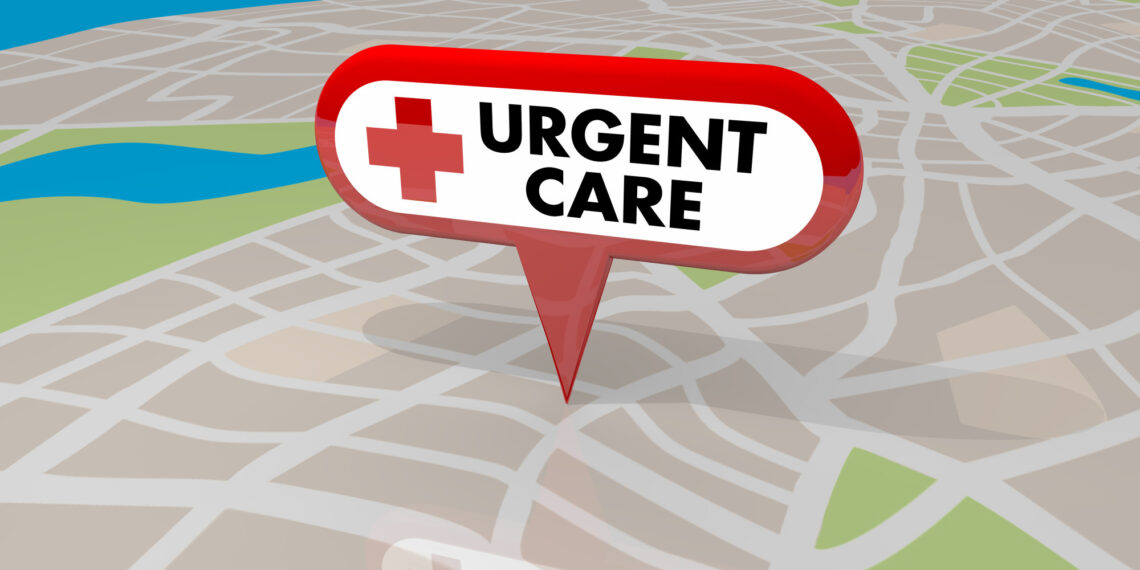The words “emergency” and “urgent” are awfully similar by definition, so what’s the difference between the emergency room and urgent care?
Both facilities allow walk-in appointments and deliver a standard of care to patients. For example, if you sprain your ankle, both places will treat your injury; however, you’ll likely wait longer for treatment at the ER than at an urgent care center.
When should you go to urgent care? When is it appropriate to go to the ER instead?
Let’s take a closer look at these critical questions.
Table of Contents
Minor vs. Life-Threatening Injuries
If you have a potentially life-threatening injury, the ER is your best option. In fact, if you enter an urgent care facility with such an injury, they’ll likely transport you to the nearest ER.
Life-threatening injuries include gunshot wounds, severe head injuries, spinal trauma, and other injuries that could result in an immediate loss of life.
Take car accident injuries, for example. Urgent care is adequate for minor injuries like wrist sprains, cuts, and minor bone fractures. However, if you have internal bleeding, you’ll need an ER doctor.
Allergies are another good example. Urgent care can treat minor allergic reactions, while an ER is best for severe anaphylactic shock. Therefore, go to urgent care for hives or a case of the sneezes, but visit the ER if your allergies affect your respiratory health.
Here are more injuries appropriate for urgent care versus emergency care:
- Bumps and bruises
- Minor animal bites
- Minor burns
- Minor eye injuries
- Minor nose injuries
- Minor eye injuries
Urgent care centers can also treat concussions; however, severe symptoms can pop up days later.
If you have a concussion, ensure someone is around to watch you over the next several days. If you experience mood swings or severe headaches, go to the ER.
Cold and Flu
If you’re suffering from a cold or flu, an urgent care doctor will treat your symptoms and prescribe antibiotics as needed. However, if your flu is severe, consider going to the ER, especially if your symptoms worsen rapidly.
If you (or a loved one) suffer from COVID-19 symptoms, visit the ER, especially if it’s a high-risk case. The majority of patients recover on their own, but many require hospital treatment.
Whether you have a cold or COVID-19, go to the ER if you’re experiencing respiratory problems. These problems can worse quickly without intervention.
Testing is different. An urgent care center may not provide a test itself, but you can learn more about testing centers in your area if you’ve been around anyone with COVID.
Blood and Lab Work
Do you need some routine blood and lab work? You could make an appointment with your doctor, wait for hours, or visit an urgent care center quickly.
Urgent care centers are also ideal for upset stomachs, persistent nausea, back pain, uti pain treatment, and general sinus pain.
You can also get ear cleanings and vaccinations at urgent care retail locations.
When Should You Go to Urgent Care?
Urgent care is an invaluable resource, but it’s critical to access it correctly. Don’t put severe, life-threatening injuries in the hands of urgent care.
When should you go to urgent care? Reserve this option for minor injuries and fevers, vaccinations, routine lab work, and other minor health concerns.
Follow the blog for even more valuable tips for your life!

